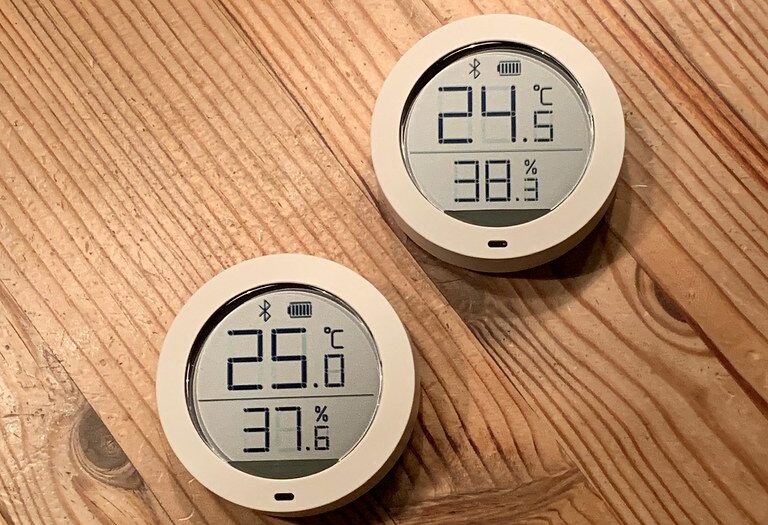In today’s world, the Internet of Things (IoT) has revolutionized the way we interact with technology. One of the most widely used IoT devices is the temperature sensor. Temperature sensors have found applications across various industries, from healthcare to agriculture. In this blog post, we will explore three key areas where temperature sensor-based IoT devices are making a significant impact.
Monitoring and Controlling Temperature in Food Storage and Transportation
The food industry heavily relies on maintaining the right temperature for storing and transporting perishable goods. Temperature sensor-based IoT devices play a crucial role in this process. These devices are capable of monitoring and controlling the temperature in real-time, ensuring that food products remain fresh and safe for consumption. By providing accurate temperature data, these devices help in preventing spoilage and reducing food waste. Moreover, they also aid in complying with food safety regulations and standards, enhancing the overall quality control in the industry.
Enhancing Energy Efficiency in HVAC Systems
Heating, Ventilation, and Air Conditioning (HVAC) systems are a significant contributor to energy consumption in buildings. Temperature sensor-based IoT devices are being used to optimize energy efficiency in HVAC systems. These devices monitor temperature conditions in different areas of a building and adjust the HVAC system accordingly. By dynamically adjusting the temperature based on real-time data, energy consumption can be reduced significantly. This not only leads to cost savings but also contributes to a greener and more sustainable environment.
Ensuring Proper Storage Conditions in Pharmaceuticals and Healthcare
Temperature plays a critical role in maintaining the efficacy and stability of pharmaceutical products and healthcare supplies. Temperature sensor-based IoT devices are employed to monitor and ensure the proper storage conditions of these sensitive items. These devices provide real-time temperature data, allowing healthcare professionals to take immediate action if any deviations occur. By maintaining the required temperature range, the quality and effectiveness of medications and healthcare supplies are preserved, ensuring patient safety and preventing financial losses.
Conclusion
Temperature sensor-based IoT devices have become indispensable across various industries. From monitoring and controlling temperature in food storage to enhancing energy efficiency in HVAC systems, and ensuring proper storage conditions in pharmaceuticals and healthcare, these devices are driving innovation and efficiency. As technology continues to evolve, we can expect even more applications of temperature sensor-based IoT devices in the future, making our lives easier, safer, and more sustainable.
